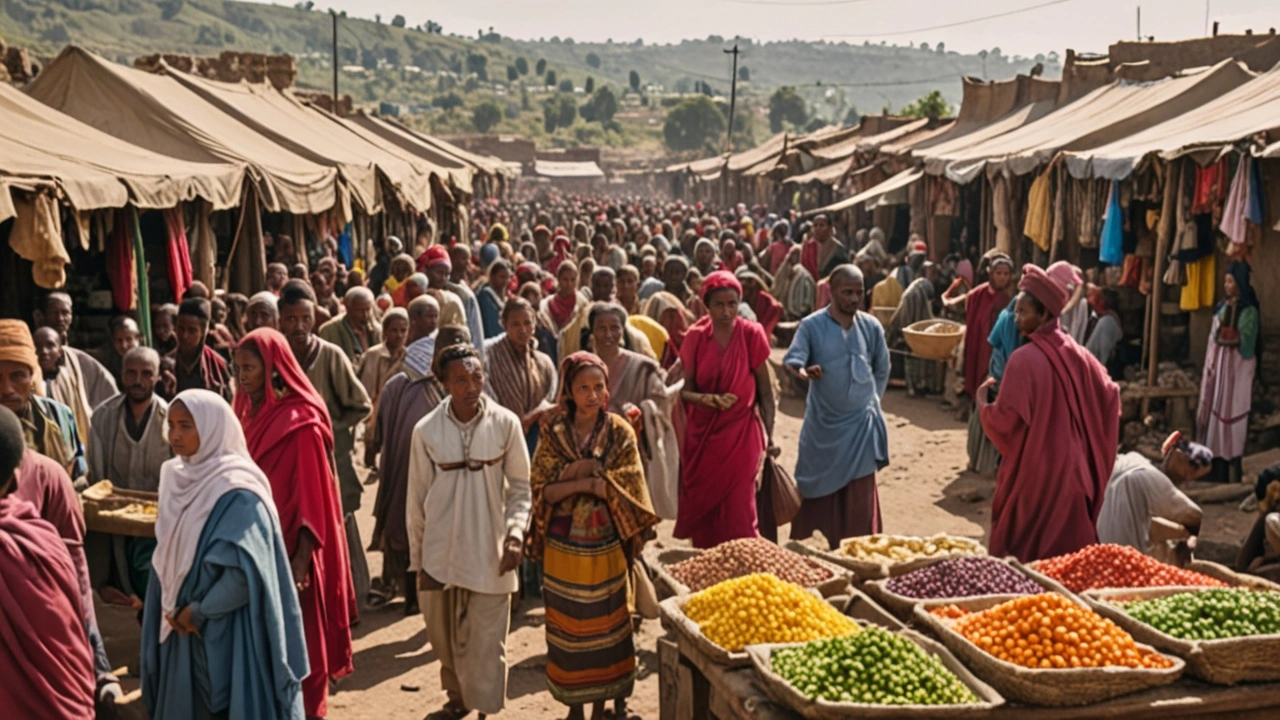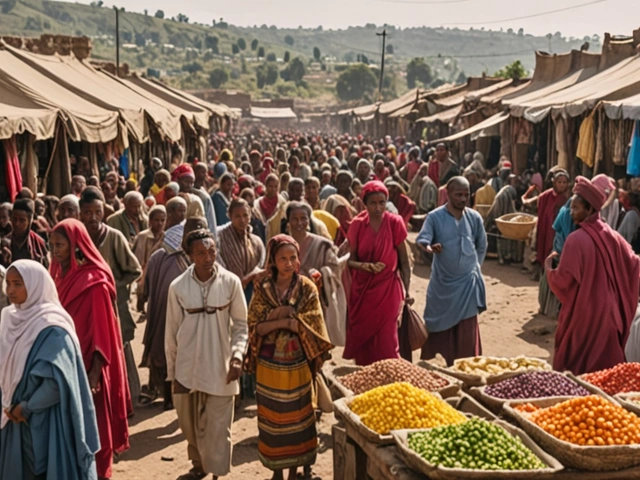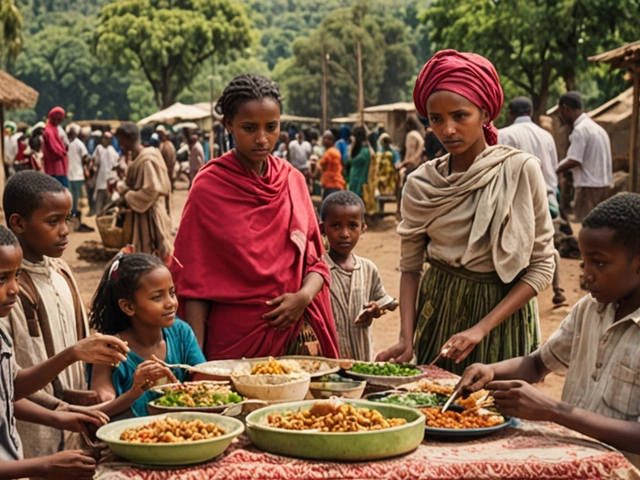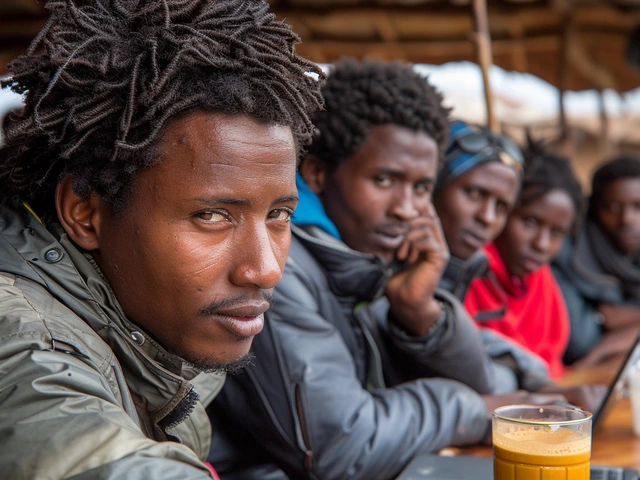Ethiopian Ethnic Groups: Life, Work, and Cultural Diversity
Ethiopia isn’t just famous for its coffee and ancient history—it’s home to more than 80 distinct ethnic groups. Each group adds its own languages, traditions, and economic habits to the nation. This mix does more than shape festivals and food; it also changes how business works, what jobs are available, and how people interact in everyday life.
If you’re considering working or investing in Ethiopia, ethnic diversity comes up quickly. Amharic is the national language, but Amhara speakers make up only a slice of the population. Oromo, Tigray, Somali, Sidama, and Wolayta communities (and many others) fill the countryside and cities, sticking to their languages, customs, and ways of working. In Addis Ababa’s offices or rural farms, you notice differences in dress, negotiation style, and even time management.
Why does this matter for workers and employers? Because these differences affect trust, hiring, and teamwork. Some companies favor people from their own group, especially for jobs in management. In rural regions, knowing the local language often matters more than a college degree. If you’re a jobseeker, learning a few words in Oromo or Tigrinya could give you a huge advantage in those regions.
Traditions around money and work can surprise newcomers. For example, in some areas, business deals or big purchases require group approval—not just a handshake. Social networks inside each community can help people find work, or make it hard for outsiders to break in. But these networks aren’t all about who you know; they also support group savings, lending, and investment projects that power both small businesses and huge farms.
Urban Ethiopia blends these identities. Walk through a market in Addis Ababa—you hear languages switch in a single row of stalls. In growing jobs like finance, healthcare, and education, diversity brings both opportunity and new challenges. Employers want workers who get along with everyone, and demand for language skills is higher than ever.
Sometimes, ethnic differences lead to tensions, especially around land or government resources. But they also fuel debates on fairness, job quotas, and how to share the benefits of Ethiopia’s growing economy. Many big companies and global organizations look for employees who can cross these lines and build trust among all groups.
Thinking of investing? You’ll need to understand how ethnic customs affect hiring, marketing, and negotiations. For instance, community leaders might influence big local deals, so showing respect for their customs often leads to smoother business. It’s practical to build teams with people from different backgrounds—it signals respect and opens more doors.
This diversity is at the heart of Ethiopia’s economic ups and downs. Rich traditions, hard work, and fierce loyalty to community come together in every region, shaping everything from farming to city tech startups. If you want to work, invest, or build something in Ethiopia, learning about its ethnic mosaic isn’t just polite—it’s essential.





